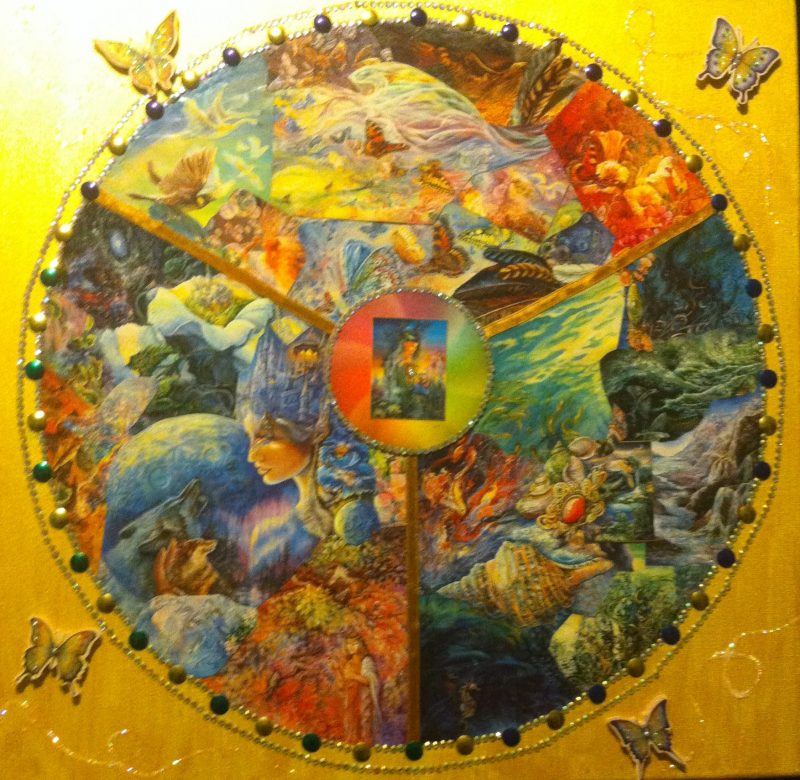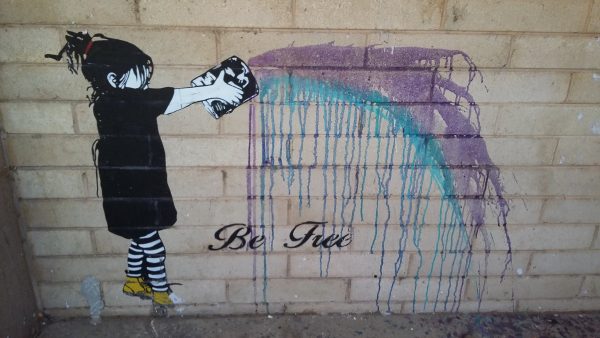What we learn in sorrow
In Australia at the moment many are grieving. Bushfires have swept our country, taking out huge tracts of land, homes, and many, many lives, both human and wildlife. I have stopped looking at the news because the images are too distressing. My heart grieves at so much loss. And now I have learned that a friend passed away, suddenly and unexpectedly. This year weighs on us all, bringing deep sorrow. It’s hard to see a way forward.
The sorrow of losing a friend
 A dear friend, Wendy Dunn, introduced me to Elizabeth Jane Corbett, in 2016. We had both recently signed with the same publisher and Wendy thought it would be good if we could get to know each other and support each other through the journey to becoming published authors. My first impression of Elizabeth was that she was incredibly striking – very tall, with strong, beautiful features. Red was her signature colour. She had a direct way of speaking – you always knew where you stood with her. Over the next three years we spent time together at various writerly events. We shared market stalls at the Mythic Market and Supanova. We shared a room at Conflux in 2017, both newbie authors feeling imposter syndrome big time. Our late night chats were deep and insightful. And we reconnected at the Historical Novel Society conferences.
A dear friend, Wendy Dunn, introduced me to Elizabeth Jane Corbett, in 2016. We had both recently signed with the same publisher and Wendy thought it would be good if we could get to know each other and support each other through the journey to becoming published authors. My first impression of Elizabeth was that she was incredibly striking – very tall, with strong, beautiful features. Red was her signature colour. She had a direct way of speaking – you always knew where you stood with her. Over the next three years we spent time together at various writerly events. We shared market stalls at the Mythic Market and Supanova. We shared a room at Conflux in 2017, both newbie authors feeling imposter syndrome big time. Our late night chats were deep and insightful. And we reconnected at the Historical Novel Society conferences.
 Elizabeth was an extraordinary writer. Her debut novel, The Tides Between, was shortlisted by the CBCA. It is a migration story, and a coming of age story, but to categorise it as that would be to fall far short. Woven through its tapestry of beautiful, beautiful writing are also Welsh myths and tales, which help young Bridie come to understand the world. At times devastating, Elizabeth’s book is one of those rare ones that I will take with me, in my heart and on my bookshelf, wherever I go. I interviewed Elizabeth on this blog in 2017 – you can read the interview here: An Interview with Elizabeth Corbett.
Elizabeth was an extraordinary writer. Her debut novel, The Tides Between, was shortlisted by the CBCA. It is a migration story, and a coming of age story, but to categorise it as that would be to fall far short. Woven through its tapestry of beautiful, beautiful writing are also Welsh myths and tales, which help young Bridie come to understand the world. At times devastating, Elizabeth’s book is one of those rare ones that I will take with me, in my heart and on my bookshelf, wherever I go. I interviewed Elizabeth on this blog in 2017 – you can read the interview here: An Interview with Elizabeth Corbett.
Living with passion
As I sit in sorrow, the thing I remember most about Elizabeth is her passion. It was a passion that seemed to have crept up on her unexpectedly. Elizabeth started learning Welsh as research for The Tides Between. But when the book was finished, her learning didn’t, and it reached the point where she was actually teaching Welsh herself, and travelling to Wales regularly. Incredibly, she was interviewed about her book in Welsh on BBC Wales! That’s dedication to research. Next she started researching her second book, the story of Margret Glyn Dŵr, wife of the last Welsh Prince of Wales. And it turned into an obsession that led her to a Masters degree. It was on the verge of leading into a PhD. You can read all about it in her own words here.
I was in awe of Elizabeth’s passion. She found what she loved and she was completely true to it, pursuing it as far as she possibly could. When I look back now, and contemplate the loss of someone like Elizabeth, my sorrow arises as much from the loss of her friendship as from what she would have contributed in the future as a writer, historian and passionate Welshophile. I hope that her pursuit of her passion can inspire me to embrace my own, because in the end, a passionate life is one that is true to yourself. And that is one way to honour the life and legacy of someone like Elizabeth.


 Research at the
Research at the 
 Artists rarely make a living wage from their art. If you look at the figures, it’s a fairly depressing picture. The average Australian yearly wage 2 years ago was $84,032. The average yearly earnings for an Australian author from their books is $12,900. And given that’s the average, it includes all the top-selling authors, whose books are the default purchases for many readers. That means there are many, many authors earning far less than that figure. So why write?
Artists rarely make a living wage from their art. If you look at the figures, it’s a fairly depressing picture. The average Australian yearly wage 2 years ago was $84,032. The average yearly earnings for an Australian author from their books is $12,900. And given that’s the average, it includes all the top-selling authors, whose books are the default purchases for many readers. That means there are many, many authors earning far less than that figure. So why write? Yet every time I ask myself whether I should keep writing, a tiny voice inside me still answers ‘yes’. Some of the reason for that I’ve written about before. Making art is food for the creative soul. Sharing art is sending a message in a bottle to the world*. You may never know who will find it, or how it will change their life. Or you might. If you’re lucky.
Yet every time I ask myself whether I should keep writing, a tiny voice inside me still answers ‘yes’. Some of the reason for that I’ve written about before. Making art is food for the creative soul. Sharing art is sending a message in a bottle to the world*. You may never know who will find it, or how it will change their life. Or you might. If you’re lucky.


 tastic books out there that use this sort of overt magic. But I went in a different direction. What interests me is thinking about what magic already exists in the world. We forget how incredible life is, taking for granted all the wondrous things that happen every day. This is especially true for people. Their minds are complex, their lives are fascinating and their achievements can be staggering.
tastic books out there that use this sort of overt magic. But I went in a different direction. What interests me is thinking about what magic already exists in the world. We forget how incredible life is, taking for granted all the wondrous things that happen every day. This is especially true for people. Their minds are complex, their lives are fascinating and their achievements can be staggering.
 writing in the first place. The answer lay in the wonderful books that I’d read in primary school, and the incredible authors who had transported me to other worlds. No matter what some jaded academic said, I knew stories matter. They made a difference to me as a child. So I used the healing power of stories to restore my wonder and to reawaken my creative imagination. I visited old friends, like
writing in the first place. The answer lay in the wonderful books that I’d read in primary school, and the incredible authors who had transported me to other worlds. No matter what some jaded academic said, I knew stories matter. They made a difference to me as a child. So I used the healing power of stories to restore my wonder and to reawaken my creative imagination. I visited old friends, like 